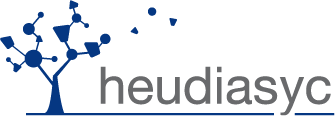eg:tal
Differences
This shows you the differences between two versions of the page.
| Both sides previous revisionPrevious revisionNext revision | Previous revision | ||
| eg:tal [2010/11/02 16:57] – ptrigano | eg:tal [2010/11/02 16:59] (current) – ptrigano | ||
|---|---|---|---|
| Line 1: | Line 1: | ||
| ==== Automatic Natural Language Processing (T.A.L.) ==== | ==== Automatic Natural Language Processing (T.A.L.) ==== | ||
| + | {{images: | ||
| == Research Team == | == Research Team == | ||
| Line 12: | Line 13: | ||
| == Context == | == Context == | ||
| - | |||
| - | Please note that links are to pages written in French | ||
| This research has been conducted within the LCS (Language Understanding and Synthesis) section, which was created especially for this subject. We have decided to limit the number of professional languages (meta languages that are particular to specific domains) in order to limit the complexity. The differant aspects of the project are tackled by their own individual sub-projects respectively. These projects are organised using a common approach that is based upon the semantic treatment of knowledge (as opposed to a syntactic approach). The enviroments have been developed, each one with its own base that also complements those of the others: DOCAL (casual and primitive semantics base), CLOSUP (logical environment) and ITI (automatic indexation and automatic extraction of knowledge). The DOCAL environment is used for the profound comprehension of texts. It requires a preceeding study of the corpus text to be analysed, as well as an in-depth modelling of the knowledge contained in the domain. CLOSUP is used to provide interfaces for databases and expert sytems. Finally, ITI is an environment that is particularly well suited to large corpus texts, permitting a comprehension that is shallower than DOCAL, but with the advantage of having a simpler modelling of the linguistic knowledge. In effect, a certain number of automatic knowledge acquisition tools permit considerable time-saving when modelling a domain. | This research has been conducted within the LCS (Language Understanding and Synthesis) section, which was created especially for this subject. We have decided to limit the number of professional languages (meta languages that are particular to specific domains) in order to limit the complexity. The differant aspects of the project are tackled by their own individual sub-projects respectively. These projects are organised using a common approach that is based upon the semantic treatment of knowledge (as opposed to a syntactic approach). The enviroments have been developed, each one with its own base that also complements those of the others: DOCAL (casual and primitive semantics base), CLOSUP (logical environment) and ITI (automatic indexation and automatic extraction of knowledge). The DOCAL environment is used for the profound comprehension of texts. It requires a preceeding study of the corpus text to be analysed, as well as an in-depth modelling of the knowledge contained in the domain. CLOSUP is used to provide interfaces for databases and expert sytems. Finally, ITI is an environment that is particularly well suited to large corpus texts, permitting a comprehension that is shallower than DOCAL, but with the advantage of having a simpler modelling of the linguistic knowledge. In effect, a certain number of automatic knowledge acquisition tools permit considerable time-saving when modelling a domain. | ||




